9 "Dirty" Stocks That Pensions Are Shunning
Pension funds are excluding these large-cap stocks from their portfolios because of a failure to abide by ESG best practices.


Profit and prosper with the best of Kiplinger's advice on investing, taxes, retirement, personal finance and much more. Delivered daily. Enter your email in the box and click Sign Me Up.
You are now subscribed
Your newsletter sign-up was successful
Want to add more newsletters?

Delivered daily
Kiplinger Today
Profit and prosper with the best of Kiplinger's advice on investing, taxes, retirement, personal finance and much more delivered daily. Smart money moves start here.

Sent five days a week
Kiplinger A Step Ahead
Get practical help to make better financial decisions in your everyday life, from spending to savings on top deals.

Delivered daily
Kiplinger Closing Bell
Get today's biggest financial and investing headlines delivered to your inbox every day the U.S. stock market is open.

Sent twice a week
Kiplinger Adviser Intel
Financial pros across the country share best practices and fresh tactics to preserve and grow your wealth.

Delivered weekly
Kiplinger Tax Tips
Trim your federal and state tax bills with practical tax-planning and tax-cutting strategies.

Sent twice a week
Kiplinger Retirement Tips
Your twice-a-week guide to planning and enjoying a financially secure and richly rewarding retirement

Sent bimonthly.
Kiplinger Adviser Angle
Insights for advisers, wealth managers and other financial professionals.

Sent twice a week
Kiplinger Investing Weekly
Your twice-a-week roundup of promising stocks, funds, companies and industries you should consider, ones you should avoid, and why.

Sent weekly for six weeks
Kiplinger Invest for Retirement
Your step-by-step six-part series on how to invest for retirement, from devising a successful strategy to exactly which investments to choose.
Nobody likes to be excluded.
However, sustainable and responsible investing, and environmental, social and corporate governance (ESG) criteria, are becoming more commonplace with institutional investors. As a result, the future suggests some companies will get left out in the cold by pension funds and other large pools of money should they not heed the warning that exclusion lists provide.
What's an exclusion list?
"An exclusion is the act of barring a company's securities from being included in a portfolio due to business activities that are deemed unethical, harmful to society or in breach of laws or regulations," states Robeco's sustainable investing page. The international asset manager oversees $198 billion in ESG assets.
"ESG criteria is used to determine whether a company complies with the desired level of standards. If not, it can be removed from consideration in the investment process, denying the company access to capital."
Exclusion lists for pension funds, especially regarding climate and the environment, have been growing in recent years. Retail investors can expect this to continue as the world gets serious about climate change and other ESG and sustainable investing issues.
Here are nine stocks that some pensions and other institutional investors refuse to own. This list will help you get a head start on sizing up stocks that might be kept out of sizable portfolios, thus limiting demand.
Data is as of Aug. 9.
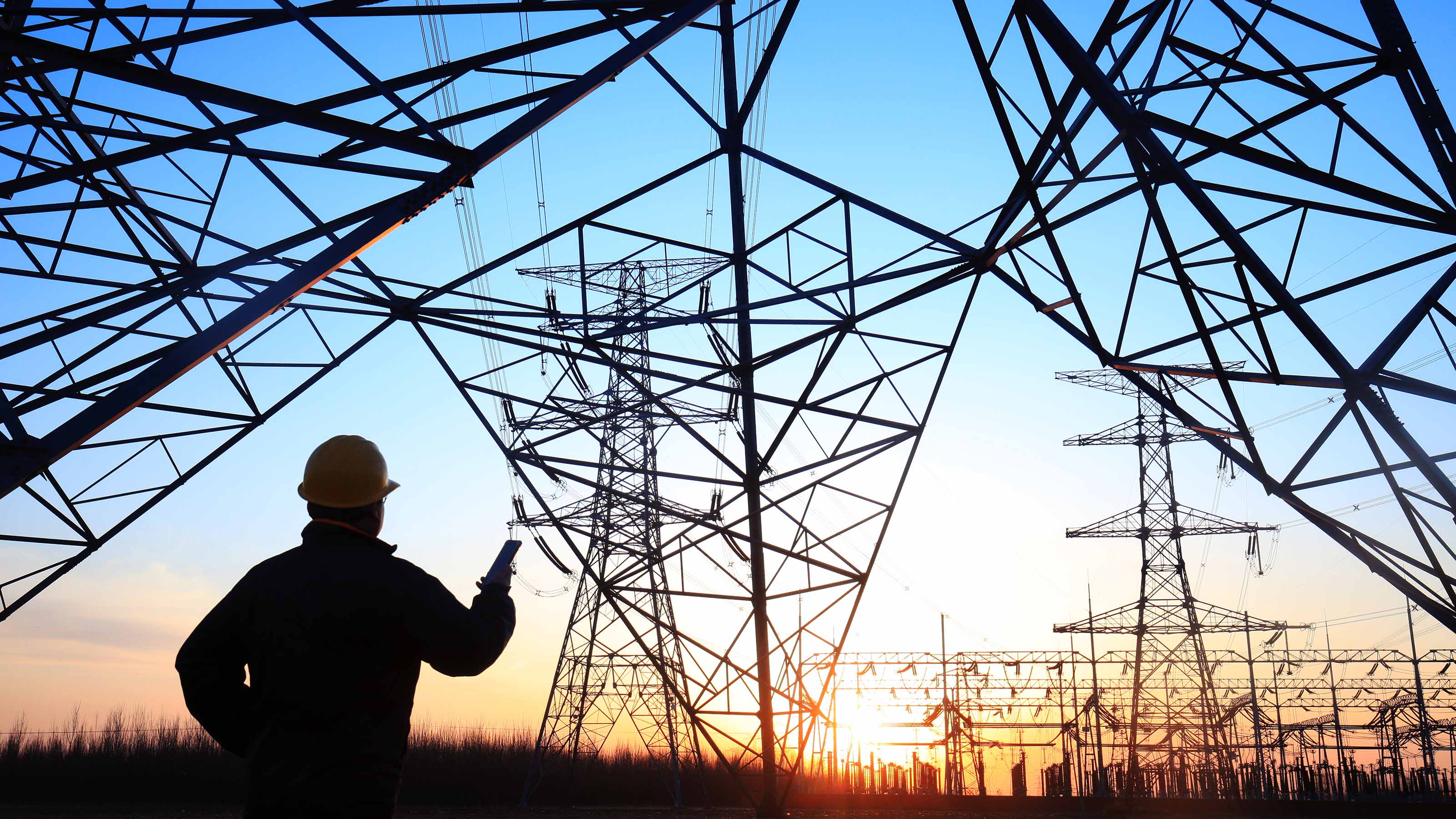
AES
- Market value: $16.1 billion
- Pension excluding: Norway Government Pension Fund Global
- Reason for exclusion: Coal-based activities
The Norwegian government established the Norway Government Pension Fund Global to invest in significant oil revenues outside Norway. It got its first injection of cash from the Norwegian government in 1996. Norges Bank Investment Management (NBIM), in its role as manager of the Norwegian oil fund, oversees more than $1.1 trillion for the people of Norway.
NBIM was established on Jan. 1, 1998, to manage the fund on behalf of the Ministry of Finance. It immediately converted 40% of the portfolio into equities. Today, it owns 1.4% of the world's listed firms, with small stakes in more than 9,100 companies in 73 different countries. Approximately 72.8% of its portfolio is invested in stocks, 24.7% in fixed income and the remaining 2.5% in real estate.
In April 2016, NBIM announced that it would exclude 52 companies from the fund that generated at least 30% of their revenue from coal or 30% of their activities were based on coal. One of those companies was AES (AES, $24.17), the Virginia-based utility company.
In 2020, AES said that it would reduce its coal-fired power generation to below 30% of its total output by the end of 2020 – and to 10% by 2030. We'll see if that eventually gets it off the pension fund's naughty list.
When it comes to exclusion lists, climate and environment-related issues have gained momentum in recent years. It's not unusual for Nordic pensions to exclude coal-related businesses such as AES. Investors should expect these exclusions to broaden beyond Scandinavia.
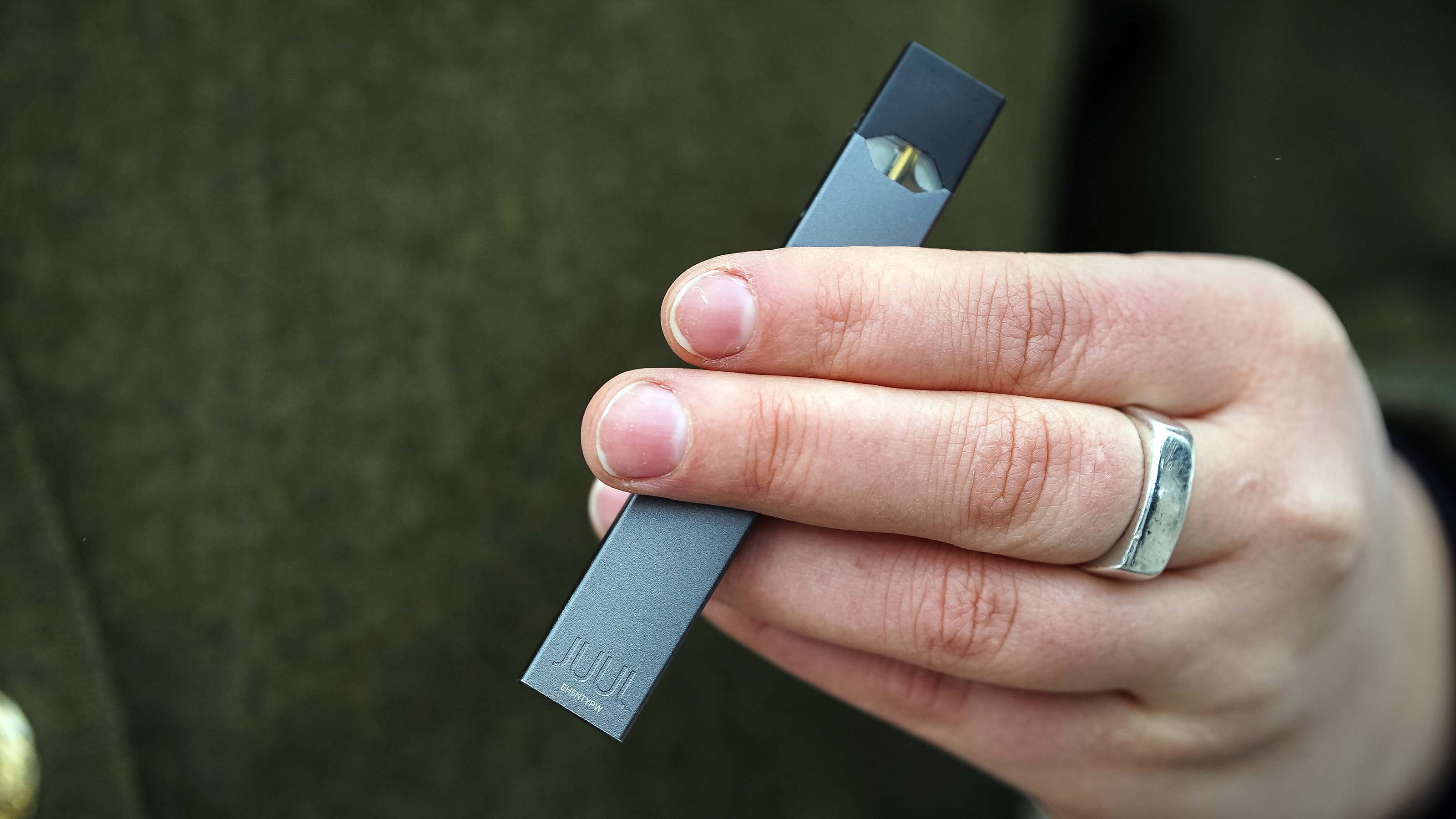
Altria Group
- Market value: $87.6 billion
- Pension excluding: PensionDanmark
- Reason for exclusion: Tobacco producer
According to a 2020 report comparing pension funds in the Nordics and Netherlands, tobacco products and controversial weapons were the two most excluded categories. Altria Group (MO, $47.48) is on PensionDanmark's exclusion list, and it's unlikely it will be removed until it is smoke-free.
PensionDanmark is one of the largest pension funds in Europe. It had 36 billion euros ($42.2 billion) in assets under management at the end of 2020. It has roughly 770,000 members in the pension.
The fund dates back to April 1, 1990, when it was launched as PKS Pension, with 30,000 municipal employees joining. Several amalgamations later, PensionDanmark is where it is today. It expects to grow its assets to 50 billion euros ($58.6 billion) by 2050.
Approximately 49.2% of the pension's portfolio for those under the age of 46 is invested in global equities. That drops down to 21.2% when a pension member turns 67. The fund's objective is to grow the portfolio responsibly.
"As an investor, PensionDanmark endeavours to be a responsible investor and exercises active ownership. This means that we set high business conduct standards for the businesses in which we invest member savings. Where infrastructure and real estate investments are concerned, we also have high standards for sustainability," the pension's website states.
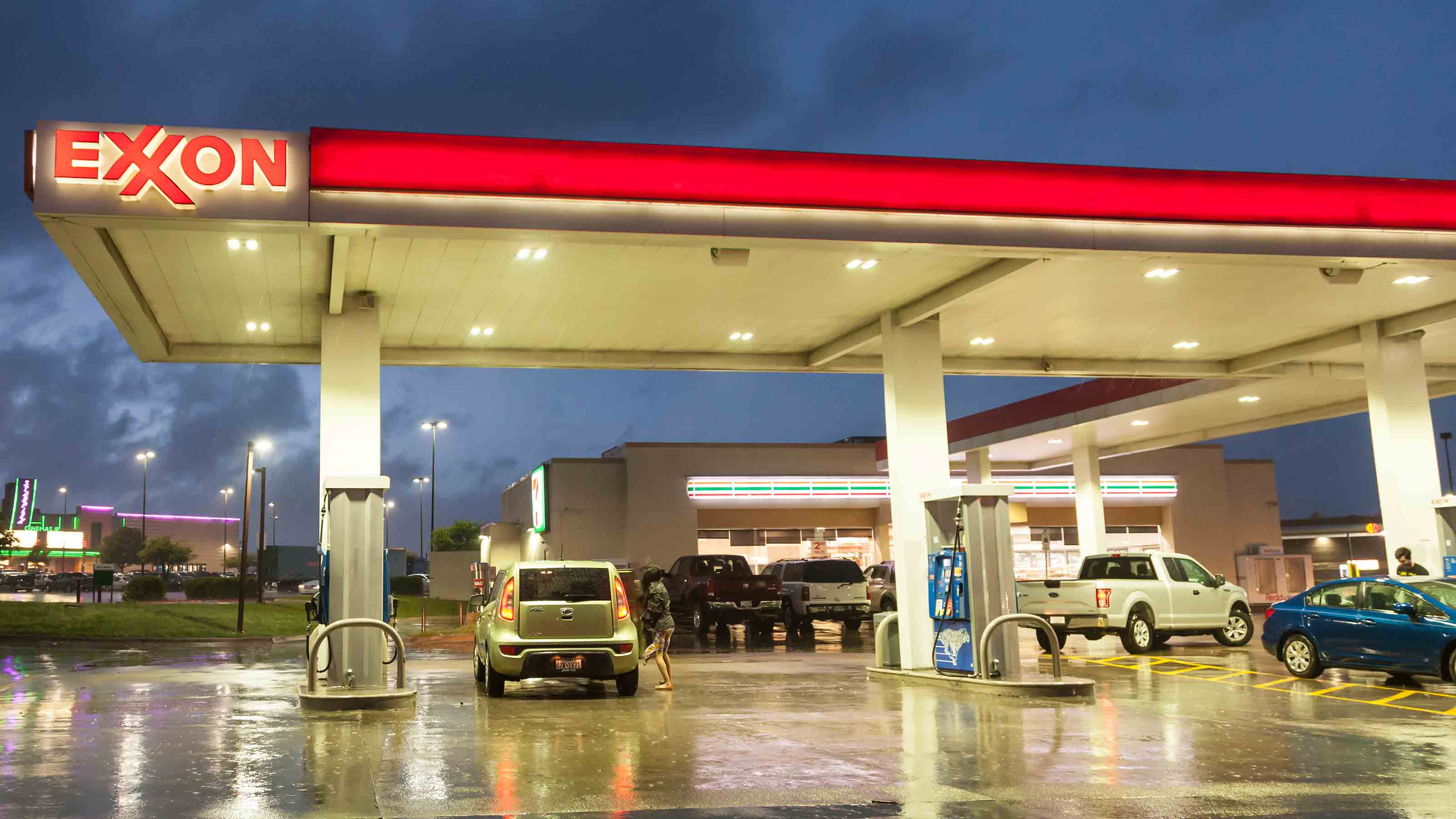
Exxon Mobil
- Market value: $242.2 billion
- Pension excluding: P+, Pensionskassen for Akademikere
- Reason for exclusion: Climate-related issues
P+ was created when two Danish funds merged in 2019 to form one of the largest pension plans in Denmark. DIP was a fund for engineers, while JØP was a pension for legal professionals and economists. It has close to 100,000 members and investments totaling 125 million Danish Krone ($14 billion).
Over the past 25 years, the two merged pensions delivered annualized total returns on their investments of more than 7%. However, they provided those returns while also caring for social and environmental concerns, which are treated equally to such investments' costs and risks.
As an active owner of global stocks, P+ works with its portfolio companies to affect change where necessary while promoting ongoing long-term value creation and reducing risk.
Companies such as Exxon Mobil (XOM, $57.20) are on its exclusion list for several reasons, including their negative impact on climate.
In Exxon Mobil's case, the company systematically violates the pension fund's policy for responsible investment. There are numerous oil and gas producers on the list. Exxon Mobil is not a recent addition, and its Canadian subsidiary, Imperial Oil, is also excluded under the oil sands category.
It's unlikely that either of these companies will drop off the pension fund's exclusion list soon.
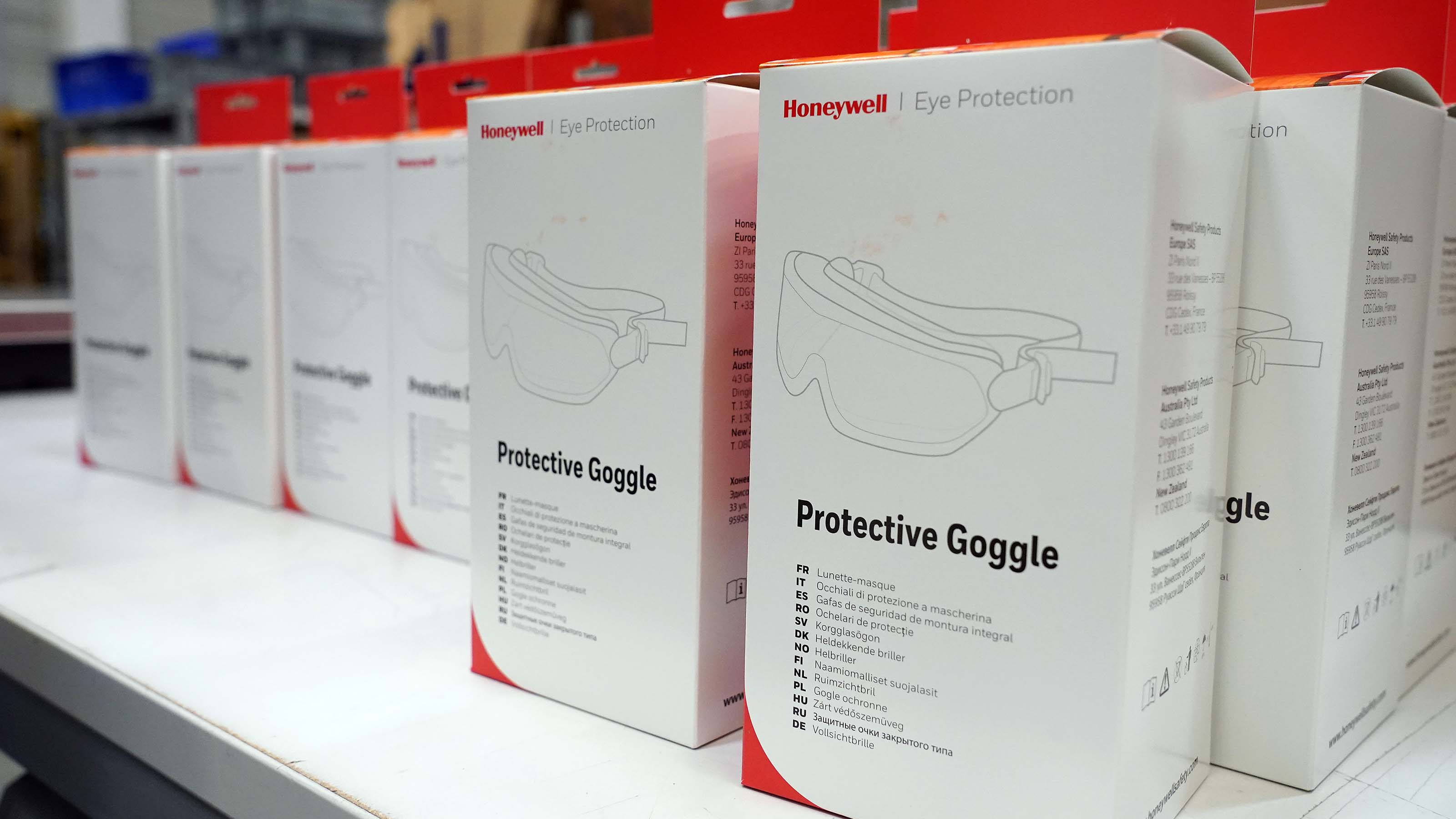
Honeywell
- Market value: $157.6 billion
- Pension excluding: Norway Government Pension Fund Global
- Reason for exclusion: Nuclear weapons
Another stock excluded from Norway's oil fund is Honeywell (HON, $228.23), which joins 13 other companies due to the production of nuclear weapons. In Honeywell's case, it's been on the list since May 2006. In January 2018, the fund's executive board decided to maintain Honeywell's exclusion while adding four additional companies to its record of nuclear weapon producers.
Norges Bank, which oversees NBIM, doesn't take these exclusions lightly. If possible, it will use its ownership rights to exert appropriate changes. If the executive board feels it can't pressure the company to make changes, it will likely be added to the exclusion list.
In early 2020, the City of New York considered removing Boeing (BA) and Honeywell from its public employees' pension funds. At the time, the two stocks were valued at more than $475 million, but they accounted for just 0.25% of the $2 billion in assets held by the funds. Currently, both stocks are still held in several big pension funds, including the New York State Teachers' Retirement System and the New York State Common Retirement Fund.
But Honeywell is also a reminder that values-based investing isn't cut-and-dry. While Honeywell is on Norges Bank's naughty list, it still has managed to receive high ESG ratings from index provider MSCI, and indeed just months ago was considered one of the Dow's top ESG stocks.

Motorola Solutions
- Market value: $38.6 billion
- Pension excluding: Industriens Pension
- Reason for exclusion: Human rights
Industriens Pension is a Danish pension fund with more than 400,000 members earning hourly wages and working in the industrial and food sectors.
The pension's focus has always been to deliver the highest possible return on its members' investments with the least likely risk. The holdings are divided into two pots: one to go on the offensive (equities, private equity, etc.) and one to be more defensive (fixed income, etc.). The pension provides no dividends. All benefits flow to the members exclusively.
As of February 2021, the pension held 23% of its assets in foreign equities. Motorola Solutions (MSI, $228.17) was excluded from the holdings due to human rights reasons.
According to the pension's website, it believes in equal rights for everyone, the fair treatment of employees and a safe workplace. It refrains from investing in 21 countries where records of ESG issues are lacking.
In the case of Motorola Solutions, the fact that it operates in the West Bank led Danish pension MP to drop the company from its investment list in 2019. Other Danish pensions have followed suit, including Industriens Pension.
From 2009 to 2019, Industriens Pension delivered double-digit returns in five of those years. Its average annual return over that time frame was 9.3%, with only one year (2018) of negative returns.

Nutrien
- Market value: $34.5 billion
- Pension excluding: AP4
- Reason for exclusion: Chemicals
The Fourth Swedish National Pension Fund (AP4) was founded in 1974 to manage a portion of the country's pension funds. Initially, it invested solely in equities but has since added fixed income, real estate, infrastructure and other alternative investments. It finished the first half of 2021 with total capital invested of 489.8 billion Swedish Krona ($56.2 billion).
The pension currently allocates 40% of its assets to global equities and 17% to Swedish stocks, with fixed income (global and Swedish) accounting for 29% and alternative assets accounting for the rest.
As part of its commitment to responsible investments, it reduced the carbon footprint of its listed equities in 2020 by an additional 15%. It has cut its portfolio's carbon footprint by 50% since 2010, and would like to do it again by 2030. It hopes its portfolio has net-zero emissions by 2040.
By excluding companies such as potash producer Nutrien (NTR, $60.32) from its portfolio, AP4 has managed to generate cumulative additional gains of almost 3% over the past five years.
The four major exclusion areas it focuses on are nuclear weapons, tobacco and cannabis, fossil-based companies, cluster munitions and anti-personnel mines. It also will exclude specific companies based on recommendations from the Council on Ethics.
Other pensions, including Norway's oil fund, have removed Nutrien from their exclusion lists because the company has stopped importing phosphates from Western Sahara.
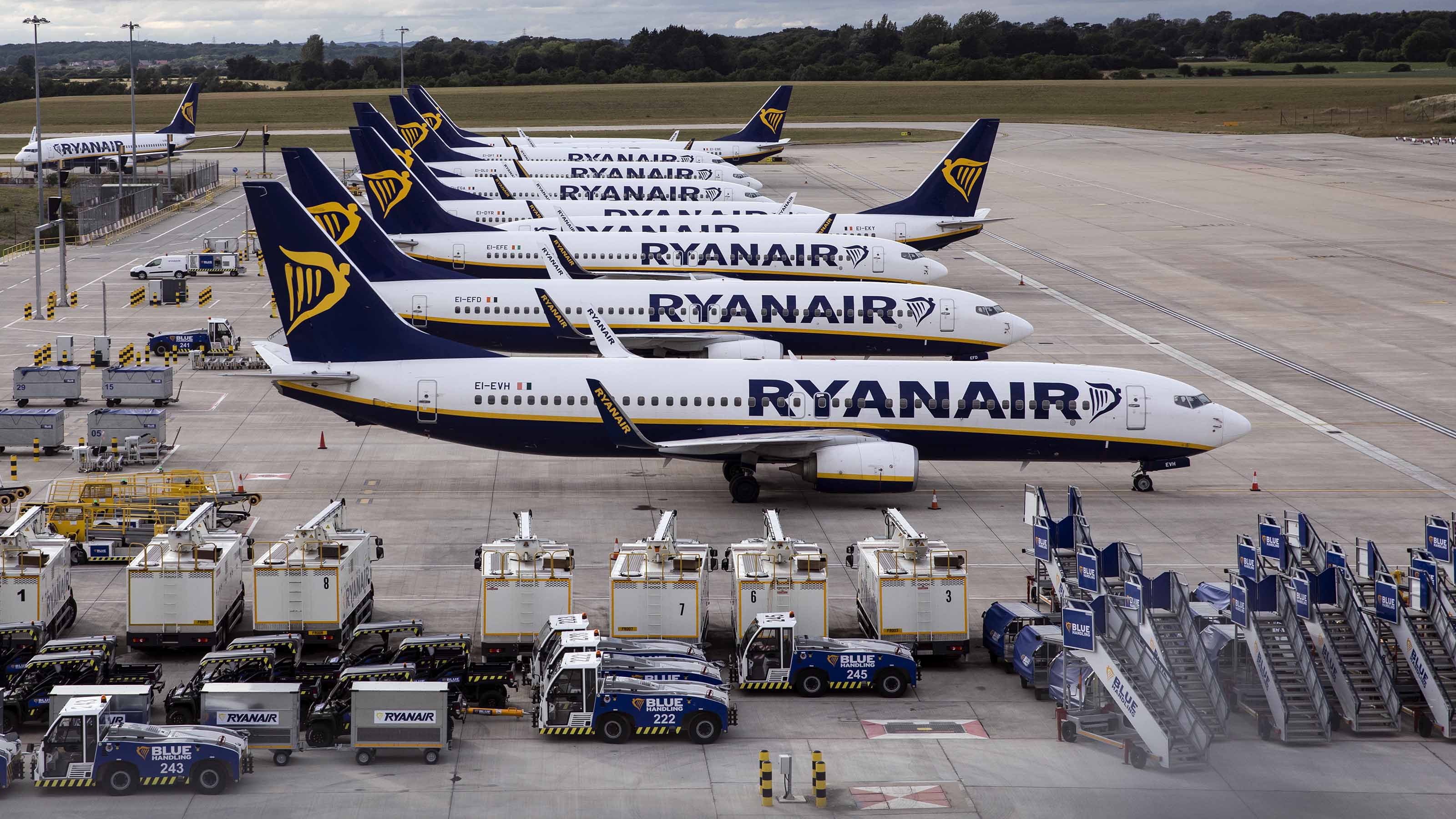
Ryanair Holdings
- Market value: $24.3 billion
- Pension excluding: Industriens Pension
- Reason for exclusion: Business model
Ryanair Holdings (RYAAY, $107.84), the Irish discount carrier, has been excluded from the Danish pension fund because of how it treats its employees.
Industriens Pension isn't the only European pension to do so. According to a 2016 study by the International Transport Workers' Federation, a total of seven pensions (six Danish and one Swedish) were found to have excluded Ryanair because of its labor practices.
In 2017, Danish pension PKA excluded the airline, suggesting it had several labor issues across Europe, including in Denmark and France.
Of course, like many airlines, Ryanair is bleeding profusely due to the pandemic.
How bad did it get in 2020?
The airline had 27.5 million passengers through the 12 months ended March 31, 81% less than a year earlier. And while it had 5.3 million passengers in June 2021, that's still a fraction of the 14.2 million passengers that flew Ryanair in June 2019.
In 2021, the airline expects to lose 800 million British pounds ($1.1 billion). However, RYAAY does expect to recover as vaccination rates increase.
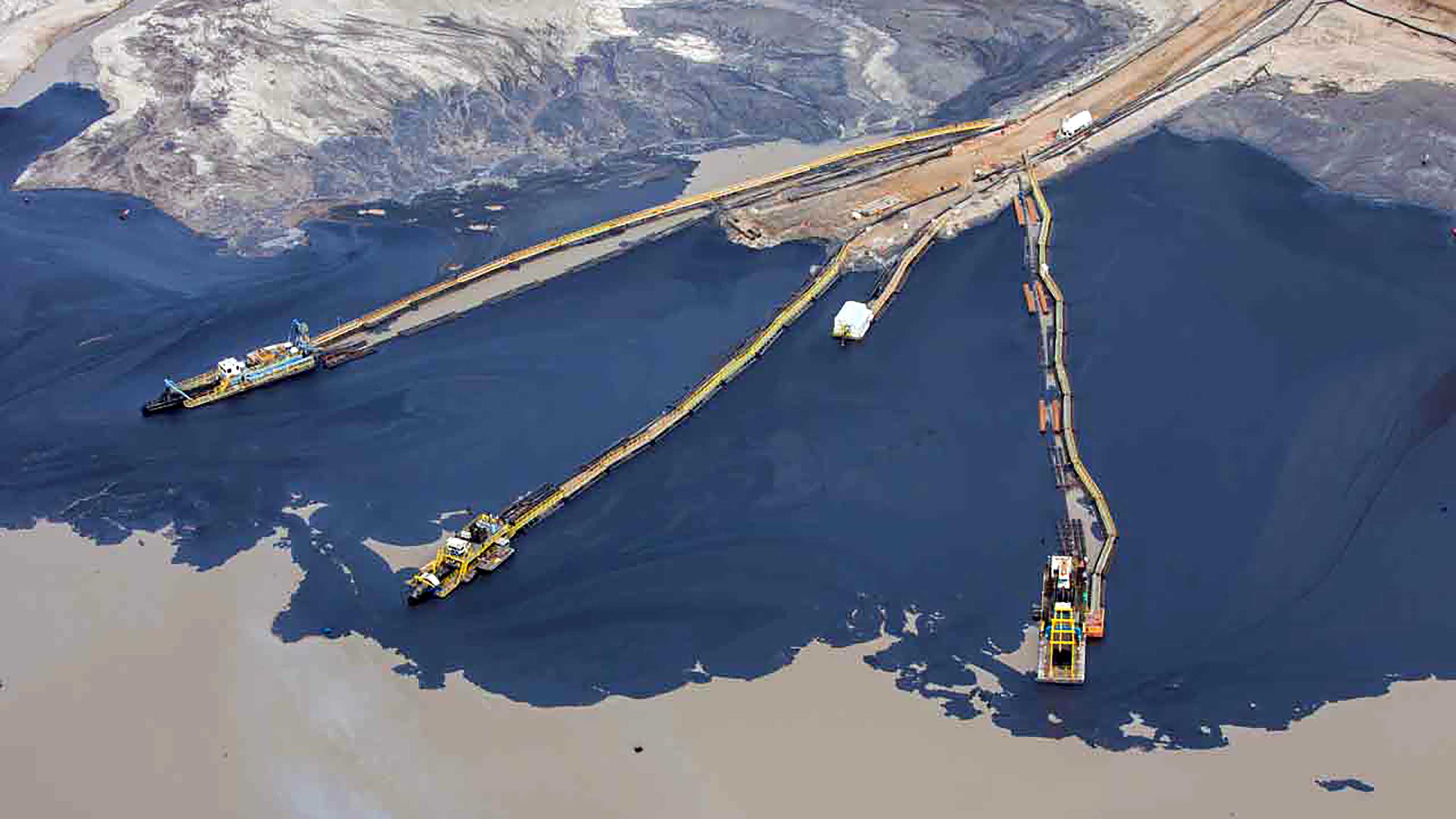
Suncor Energy
- Market value: $28.5 billion
- Pension excluding: Norway Government Pension Fund Global
- Reason for exclusion: Oil sands extraction
In May 2020, NBIM announced that it had excluded Suncor Energy (SU, $19.17) and three other Canadian energy producers – including Imperial Oil – from its portfolio for "unacceptable greenhouse gas emissions."
"The Council on Ethics recommended to exclude the companies because of carbon emissions from production of oil to oil sands," NBIM said.
Although the criterion for exclusion had become a part of the investment manager's policy four years ago, it took until 2020 to sell down its position in Suncor to reduce or avoid losses from a sale.
Additionally, Suncor is on the radar of Climate Action 100+. This is an initiative by 545 investors controlling more than $52 trillion in assets to ensure the world's largest corporate greenhouse gas emitters take the necessary steps to slow climate change.
Launched in 2017, Climate Action 100+ is focusing on 39 oil and gas companies, including Suncor. If you include Scope 3 emissions – indirect emissions that occur in a company's value chain – the oil and gas industry is estimated to generate 53% of all global emissions.
Of the nine indicators used to assess Suncor's progress, it has made partial progress on four of them and no progress on five others, including net-zero greenhouse gas emissions by 2050 or sooner.
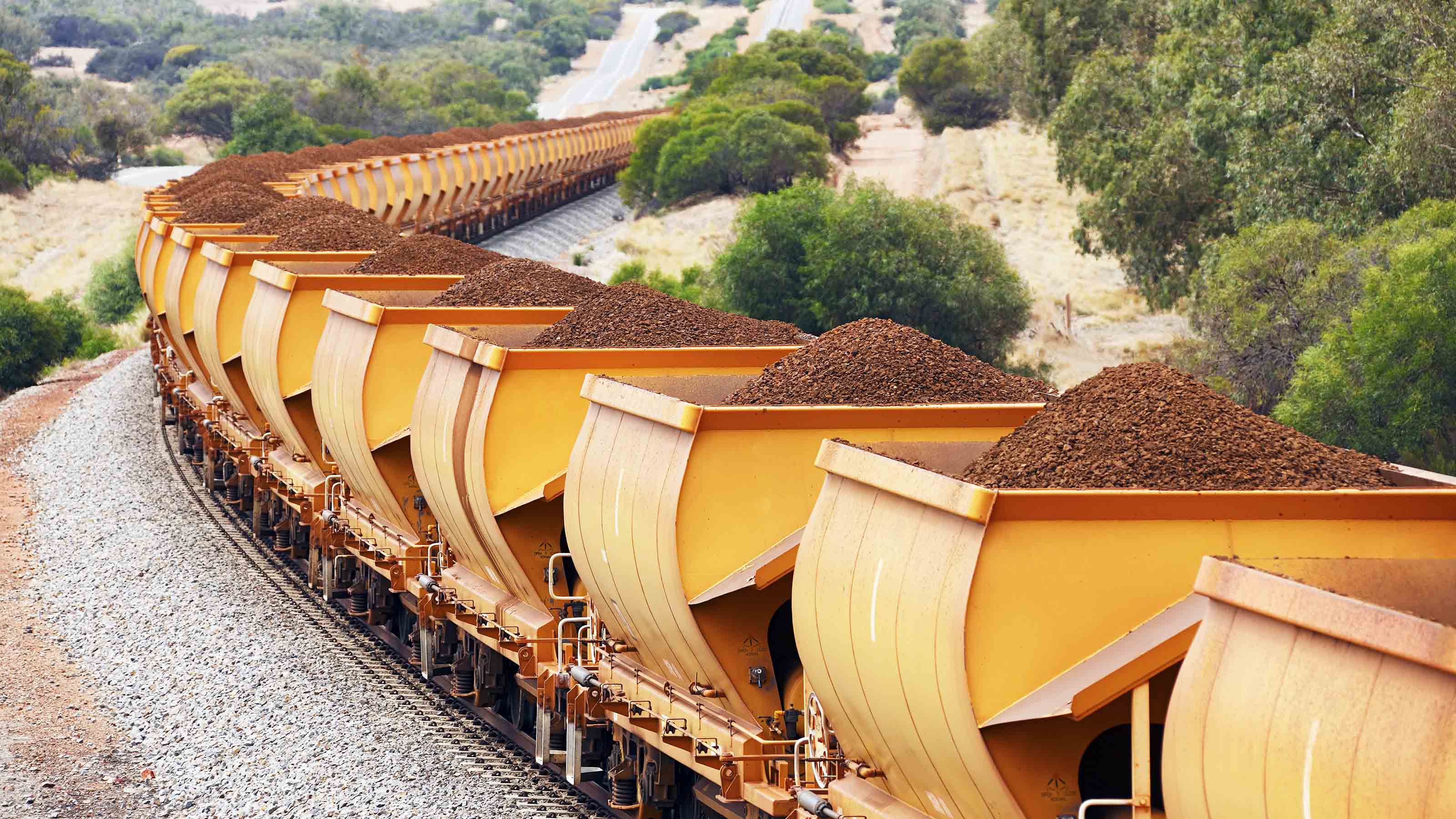
Vale
- Market value: $105.0 billion
- Pension excluding: Norway Government Pension Fund Global
- Reason for exclusion: Coal mining activities
In 2019, the Brumadinho dam in Brazil collapsed due to Vale's (VALE, $20.84) mining operations, killing at least 259 people and sending more than 10 million tons of mining waste across five miles of the countryside.
It was the company's second dam collapse in less than five years. In 2015, a similar disaster killed 19 people and spewed toxic mud across the Doce River valley.
In May 2020, Norway's oil fund dropped from its portfolio due to "severe environmental damage" caused by its mining activities in Brazil. The pension fund held 1% of Vale before abandoning its position.
"We see that a lot of international capital is leaving Brazil currently because of the deterioration of public policies for environmental and human rights protections," Vemund Olsen, senior adviser at Rainforest Foundation Norway, said in an interview with Mongabay at the time.
In February 2021, Vale agreed to pay 37.7 billion Brazilian reais ($7 billion) in reparations to the people affected by the Brumadinho dam collapse. Initially, Vale offered 21 billion Brazilian reais ($3.8 billion) but ultimately agreed to the larger amount. It is said to be the largest reparation deal in Latin America.
However, despite the reparations, high iron ore prices – they increased 73% in 2020 – aren't expected to put a dent in any of Vale's future investment plans. Vale's revenues were $40.0 billion in 2020, 6.5% higher than a year earlier, with a 33% increase in operating income to $18.4 billion.
Profit and prosper with the best of Kiplinger's advice on investing, taxes, retirement, personal finance and much more. Delivered daily. Enter your email in the box and click Sign Me Up.

Will has written professionally for investment and finance publications in both the U.S. and Canada since 2004. A native of Toronto, Canada, his sole objective is to help people become better and more informed investors. Fascinated by how companies make money, he's a keen student of business history. Married and now living in Halifax, Nova Scotia, he's also got an interest in equity and debt crowdfunding.
-
 How Much It Costs to Host a Super Bowl Party in 2026
How Much It Costs to Host a Super Bowl Party in 2026Hosting a Super Bowl party in 2026 could cost you. Here's a breakdown of food, drink and entertainment costs — plus ways to save.
-
 3 Reasons to Use a 5-Year CD As You Approach Retirement
3 Reasons to Use a 5-Year CD As You Approach RetirementA five-year CD can help you reach other milestones as you approach retirement.
-
 Your Adult Kids Are Doing Fine. Is It Time To Spend Some of Their Inheritance?
Your Adult Kids Are Doing Fine. Is It Time To Spend Some of Their Inheritance?If your kids are successful, do they need an inheritance? Ask yourself these four questions before passing down another dollar.
-
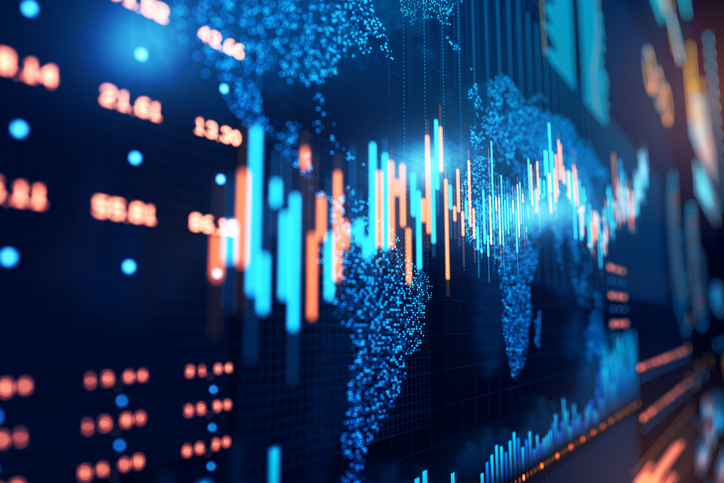 Nasdaq Takes a Hit as the Tech Trade Falters: Stock Market Today
Nasdaq Takes a Hit as the Tech Trade Falters: Stock Market TodayThe Dow Jones Industrial Average outperformed on strength in cyclical stocks.
-
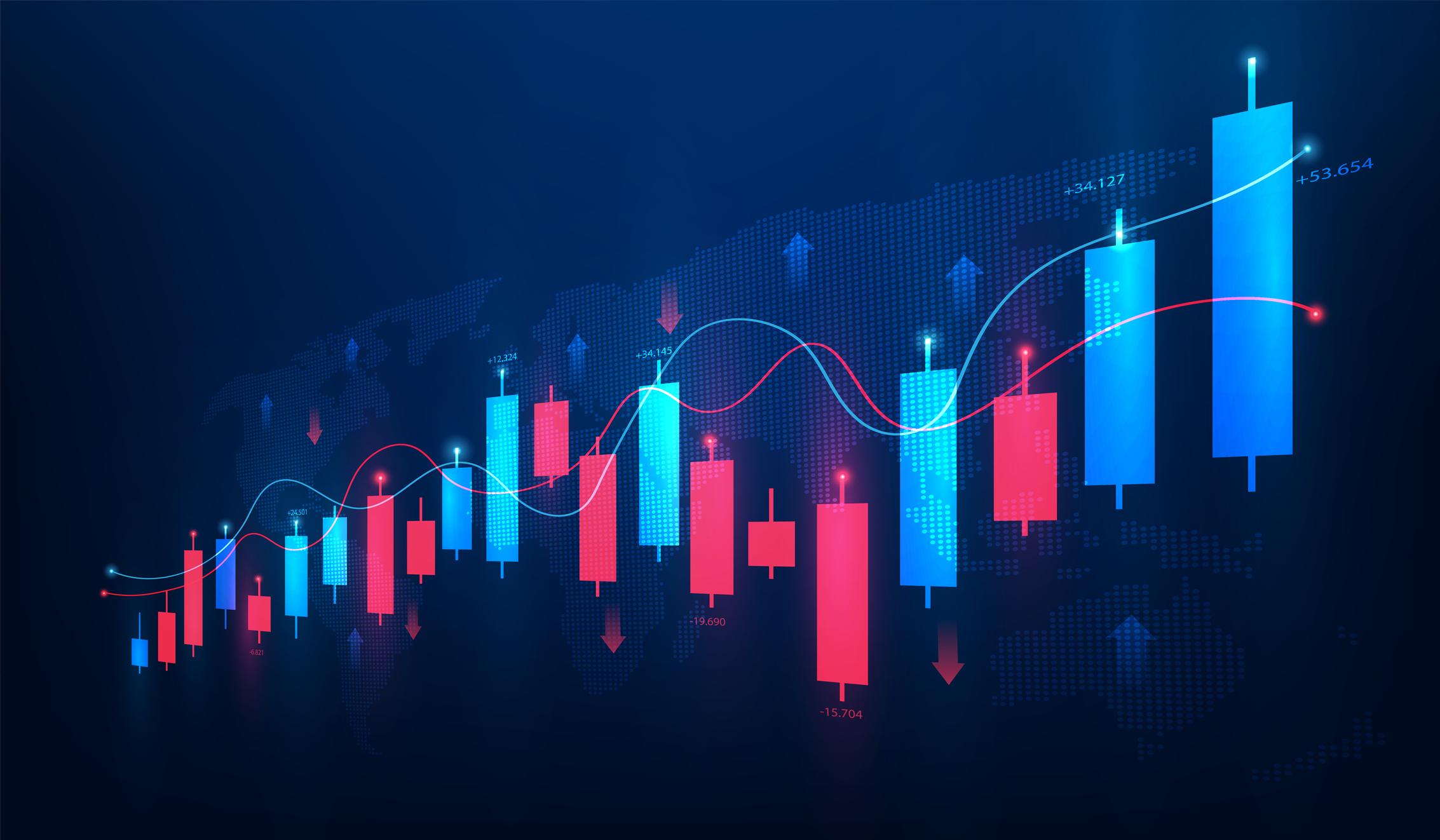 Dow, S&P 500 Rise to New Closing Highs: Stock Market Today
Dow, S&P 500 Rise to New Closing Highs: Stock Market TodayWill President Donald Trump match his Monroe Doctrine gambit with a new Marshall Plan for Venezuela?
-
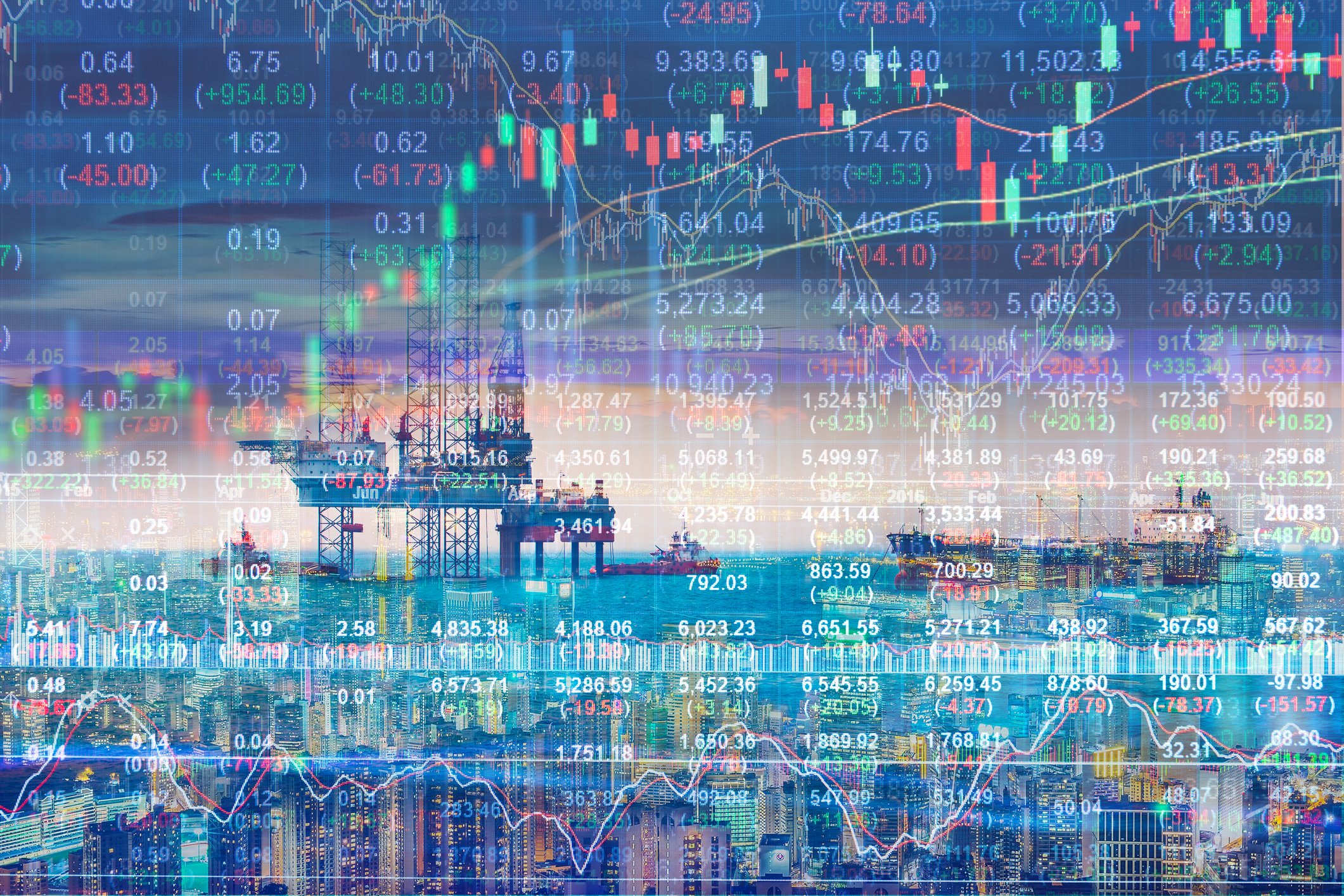 'Donroe Doctrine' Pumps Dow 594 Points: Stock Market Today
'Donroe Doctrine' Pumps Dow 594 Points: Stock Market TodayThe S&P 500 rallied but failed to turn the "Santa Claus Rally" indicator positive for 2026.
-
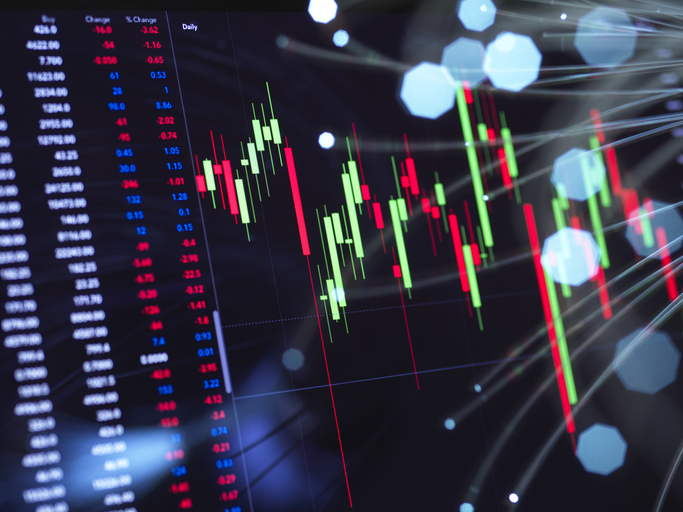 Stocks Chop as the Unemployment Rate Jumps: Stock Market Today
Stocks Chop as the Unemployment Rate Jumps: Stock Market TodayNovember job growth was stronger than expected, but sharp losses in October and a rising unemployment rate are worrying market participants.
-
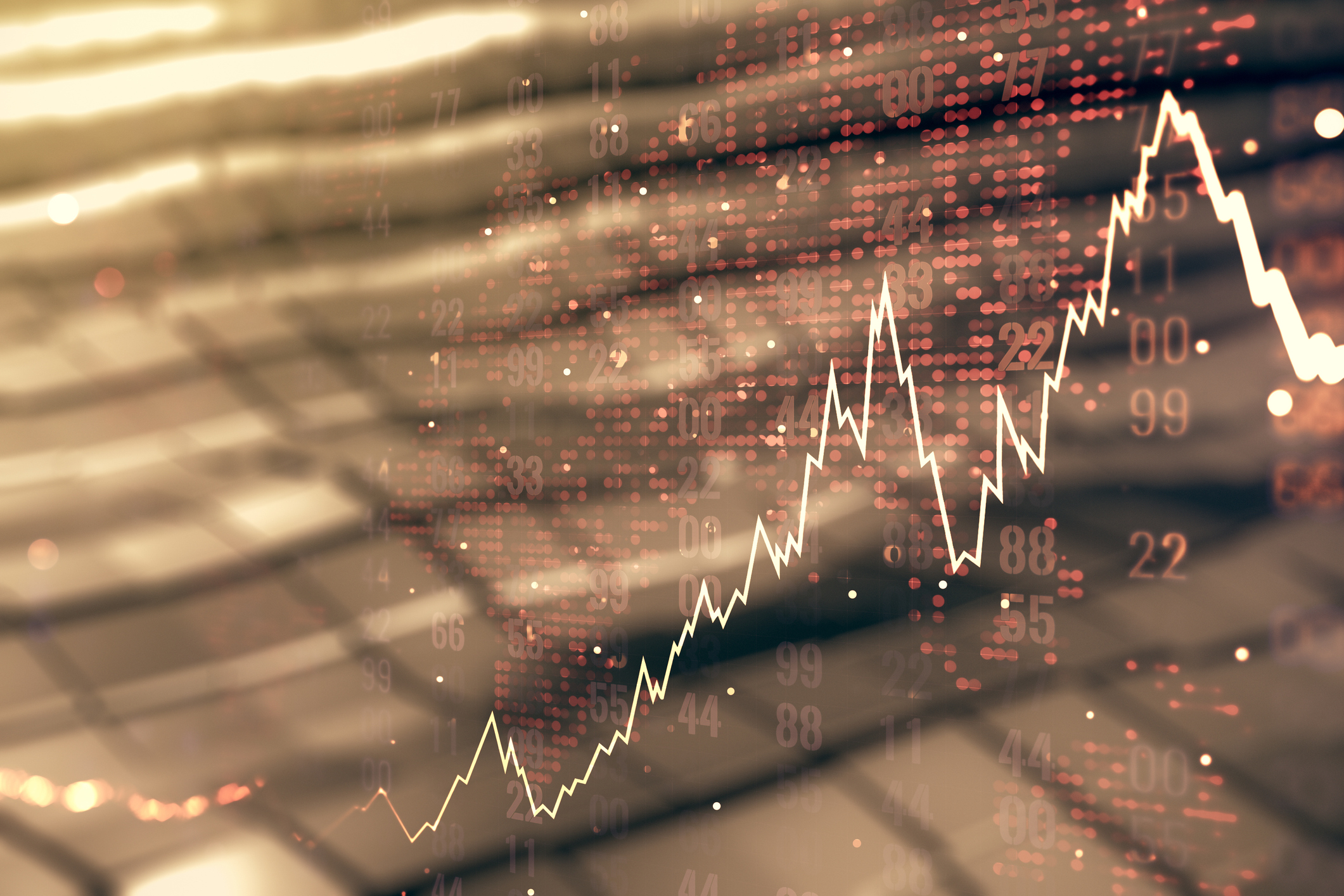 Dow Adds 646 Points, Hits New Highs: Stock Market Today
Dow Adds 646 Points, Hits New Highs: Stock Market TodayIt was "boom" for the Dow but "bust" for the Nasdaq following a December Fed meeting that was less hawkish than expected.
-
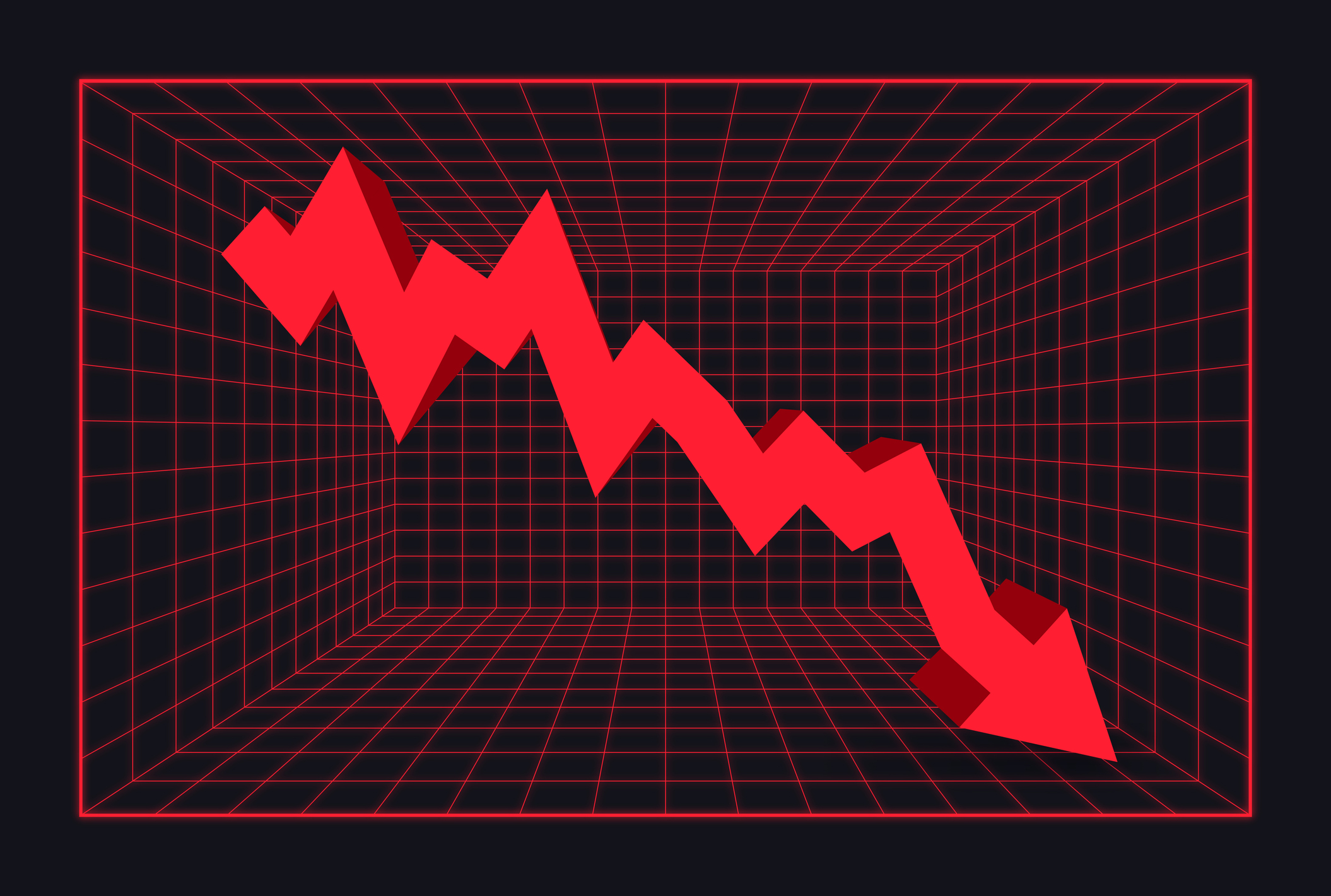 Dow Trims Its Loss to 498 Points: Stock Market Today
Dow Trims Its Loss to 498 Points: Stock Market TodayMarkets are wondering more and more about returns on the enormous amounts of capital hyperscalers are investing in AI.
-
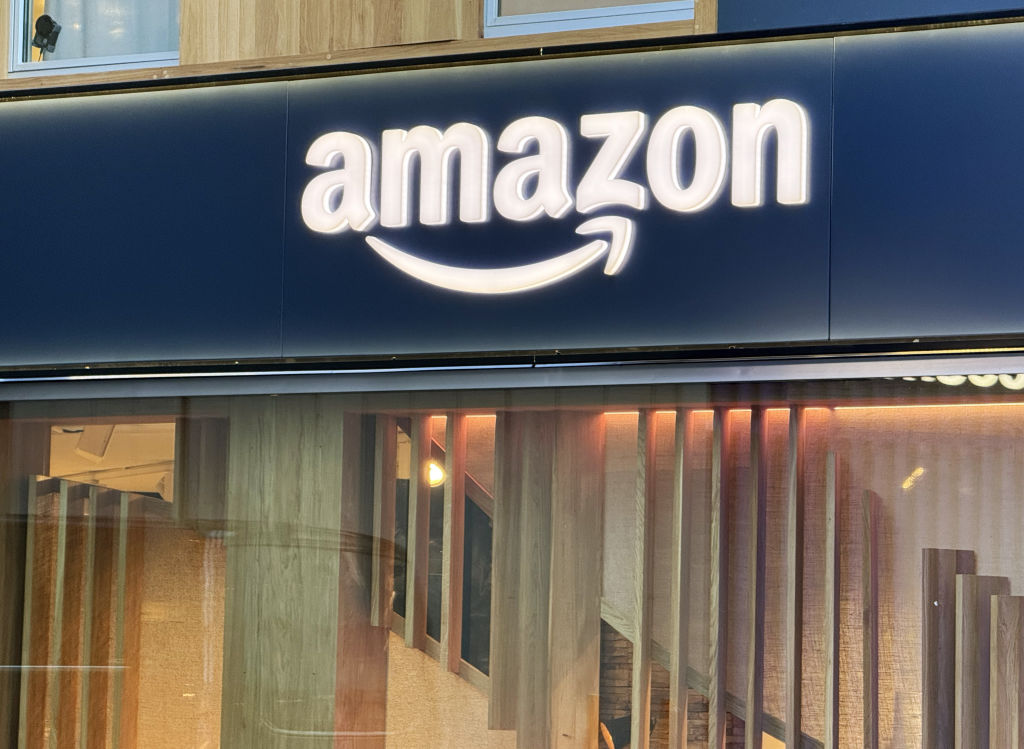 Stocks Close Out Strong Month With Solid Amazon Earnings: Stock Market Today
Stocks Close Out Strong Month With Solid Amazon Earnings: Stock Market TodayAmazon lifted its spending forecast as its artificial intelligence (AI) initiatives create "a massive opportunity."
-
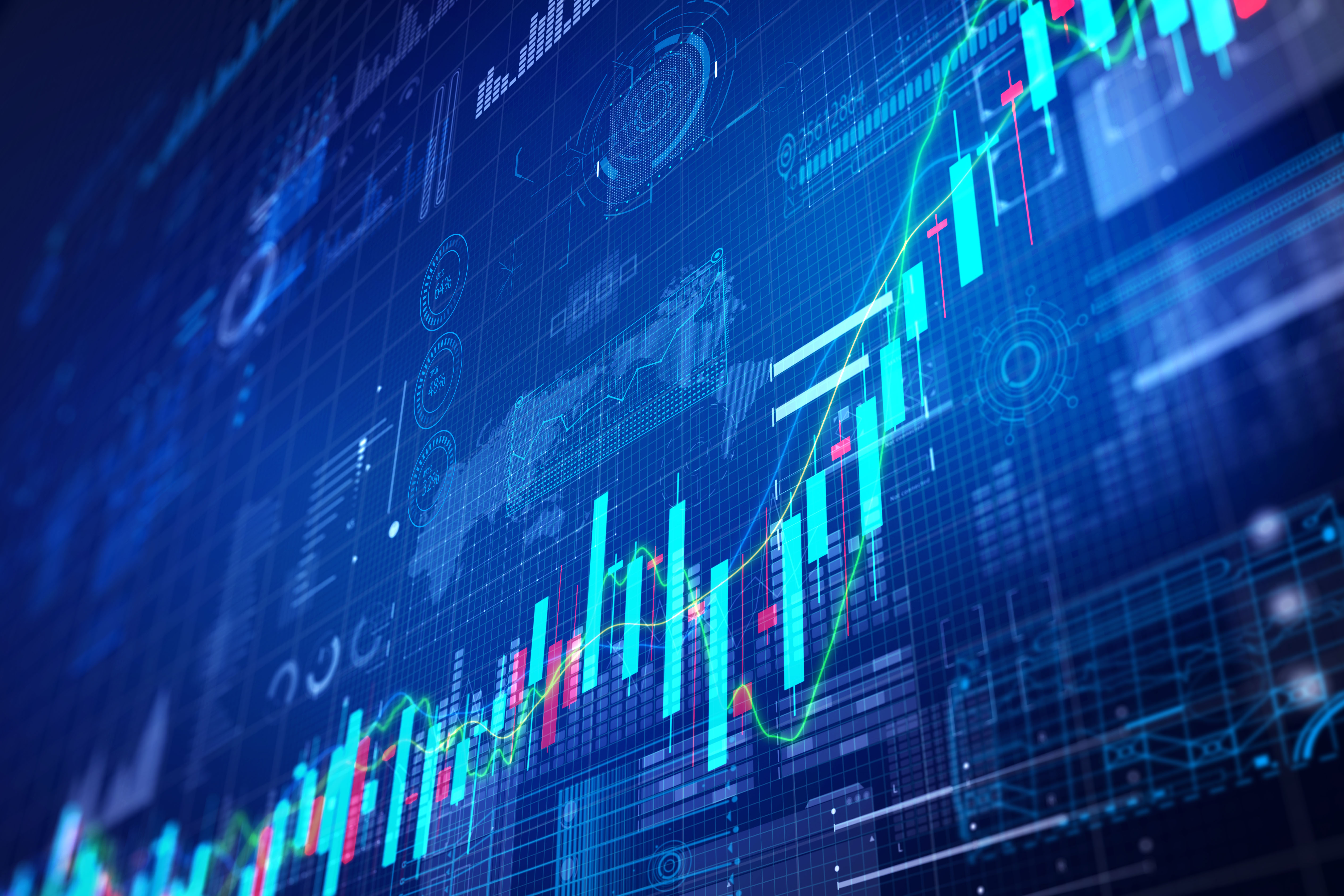 Honeywell Leads Dow Higher: Stock Market Today
Honeywell Leads Dow Higher: Stock Market TodayOil prices got a lift after the Treasury Department announced new sanctions on Russia's two largest oil companies.
